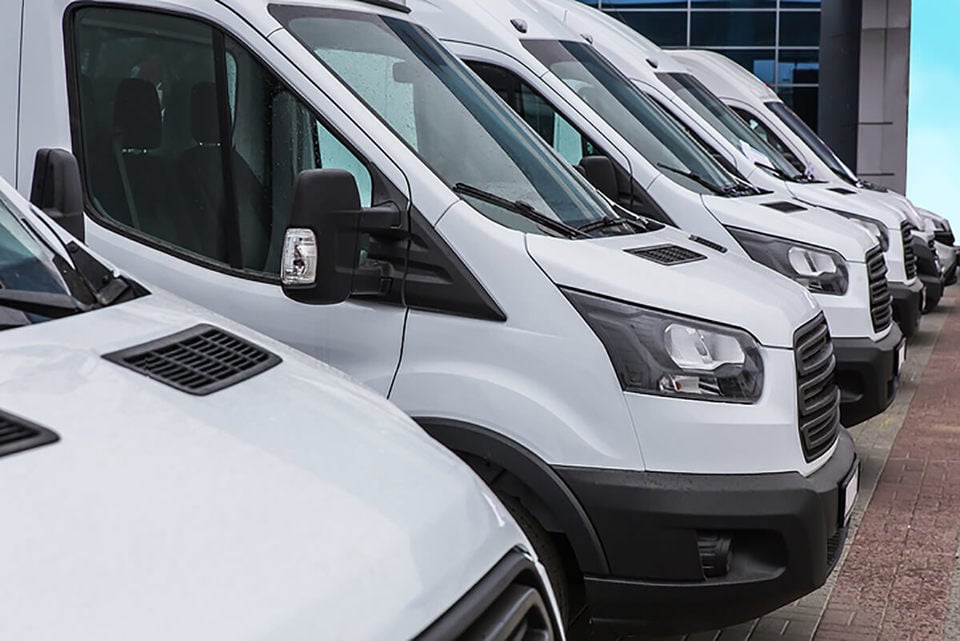Campaign group Clean Cities is calling for the Government to improve support for the adoption of electric vans, with the aim of city centres becoming zero emission freight zones in the near future.
Similar plans are being implemented in the Netherlands, with cities including Amsterdam, Rotterdam and Utrech working with businesses so that all newly registered freight vehicles need to be electric from next year, leading to sales of electric vans being double those in the UK.
Oliver Lord, UK head of clean cities, said, “Climate change and air pollution are two sides of the same coin. For businesses to step up and take the lead, this new Government must provide the certainty and robust support they need.
“This means setting ambitious environmental targets, creating clear policy frameworks and providing incentives to transition to electric and pedal-powered vehicles.
“Without the support for businesses from the Government, we will threaten public health and our ability to transition away from heavily polluting forms of transport such as diesel vehicles.”
Diesel consumption from the UK van fleet is at record levels and Clean Cities believe that deliveries must be a focus for the new Government and industry in transitioning to net zero.
In a survey of 4,000 UK adults conducted by Clean Cities, more than half (51%) said they would back ‘unpopular’ measures for businesses to protect the planet, such as adding additional costs to deliveries to fund clean air initiatives.
Incentives are an essential element of the solution, according to Clean Cities and the British Vehicle Rental and Leasing Association (BVRLA), with 60% of the public also believing that small businesses should have more support to help them switch to electric vehicles (EVs).
Toby Poston, director of corporate affairs at the BVRLA, said: “Most businesses have ambitions to reduce the carbon impact of their transport. For many firms this means vans, which are the workhorses of the UK economy and the fastest growing part of the vehicle parc.
“Unfortunately, electric vans are too expensive and struggle to cope with the operational needs of many operators.
“We are part of the coalition behind the Zero Emission Van Plan, which highlights the role Government can play in supporting the transition.
“The Zero Emission Van Plan is clear. For the transition to work, we need increased fiscal support, improved charging and the removal of regulatory barriers. The incoming Government must take the transition to zero-emission vans seriously.”
Data from the Society of Motor Manufacturers and Traders (SMMT) shows a drop in electric van market share in June 2024, falling to 4.7% year to date from 5.2% in June 2023.
The slowdown is reflected in BVRLA business leasing figures from its latest Road to Zero report, with new fully electric van additions to the leasing fleet falling from 10.2% in Q4 2023 to 9.2% Q1 2024.
This reflects the general trend where, despite overall growth, demand for BEV vans has fallen 5.1% in the first six months of 2024.
Clean Cities recently launched the Clean Cargo Capital, a campaign focused on establishing central London as a world-class business district for zero emission mobility and positioning the UK as a leader in sustainable business practices.





















Login to comment
Comments
No comments have been made yet.